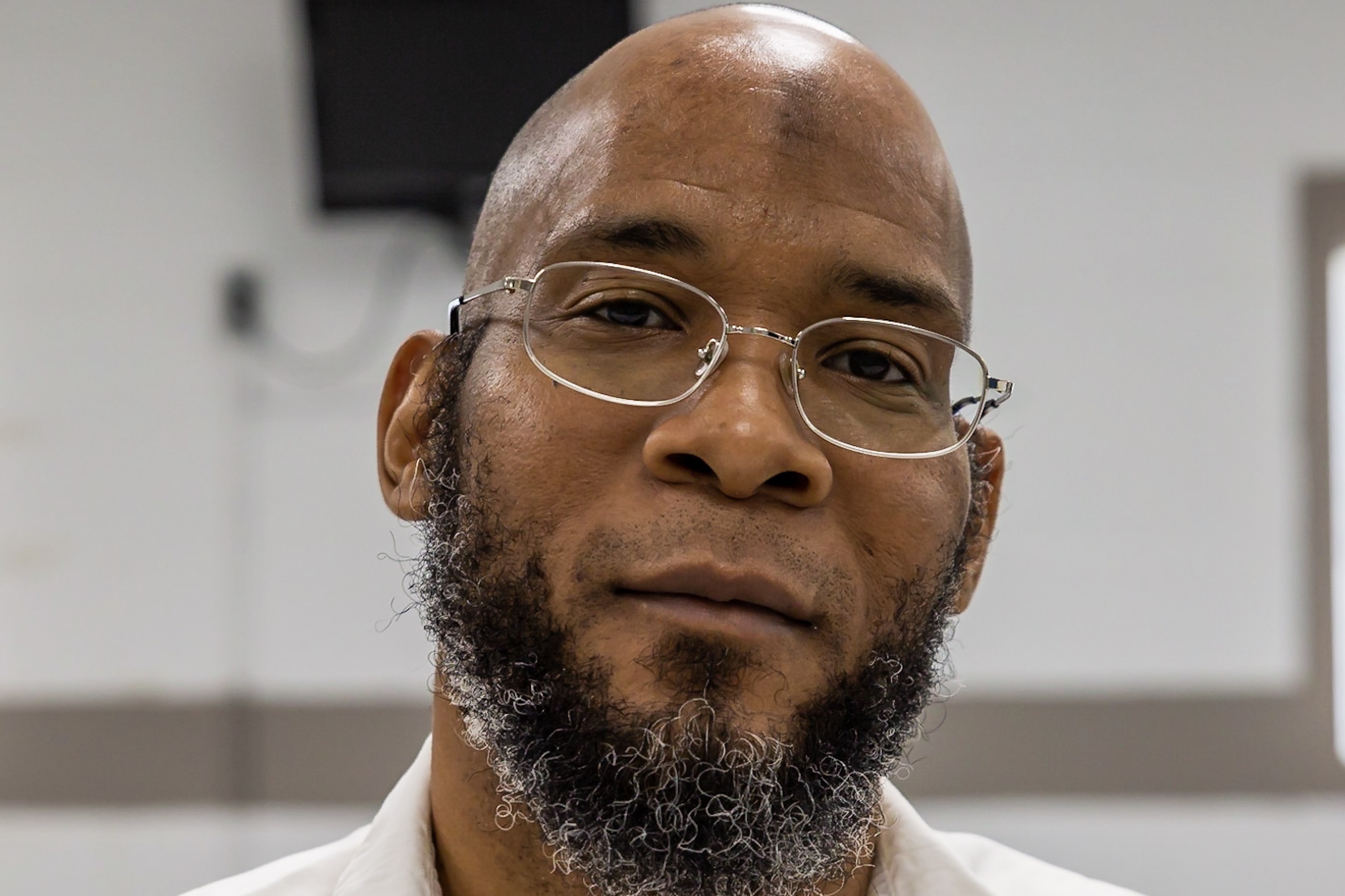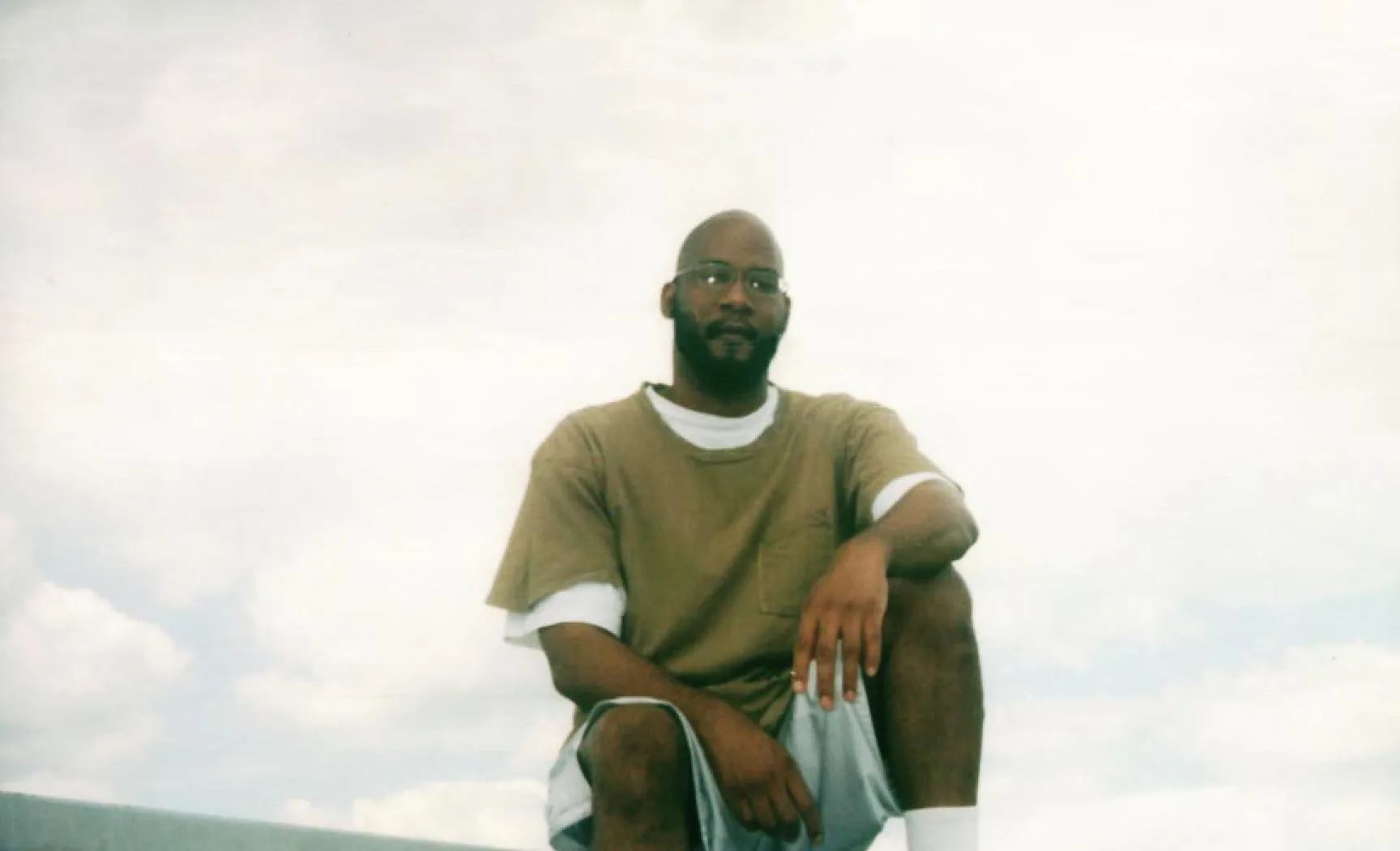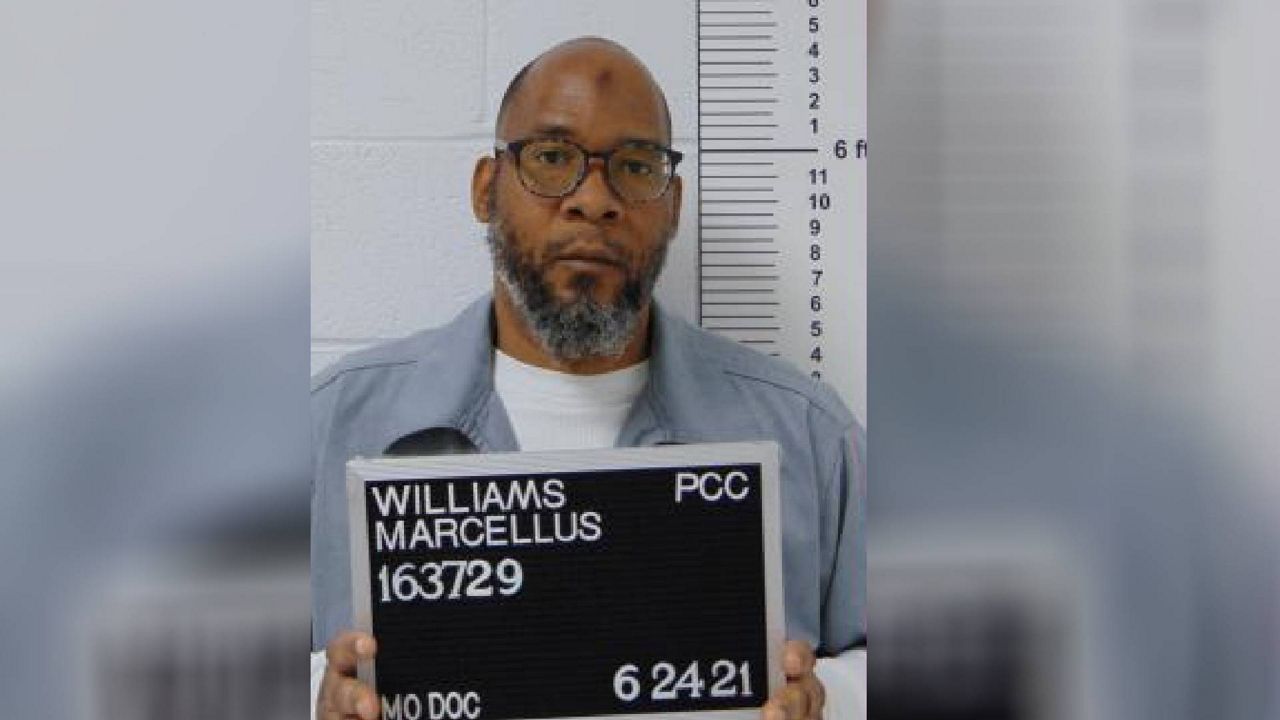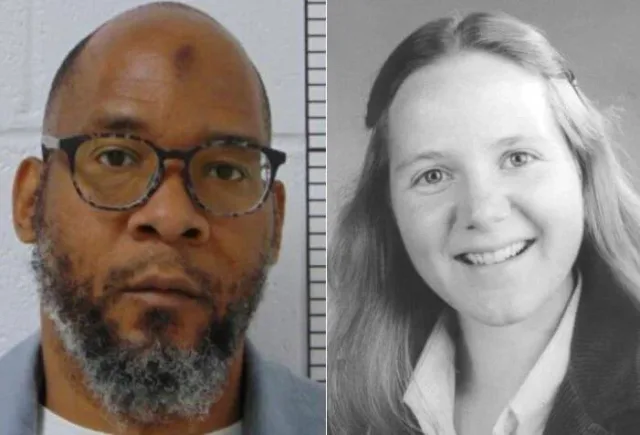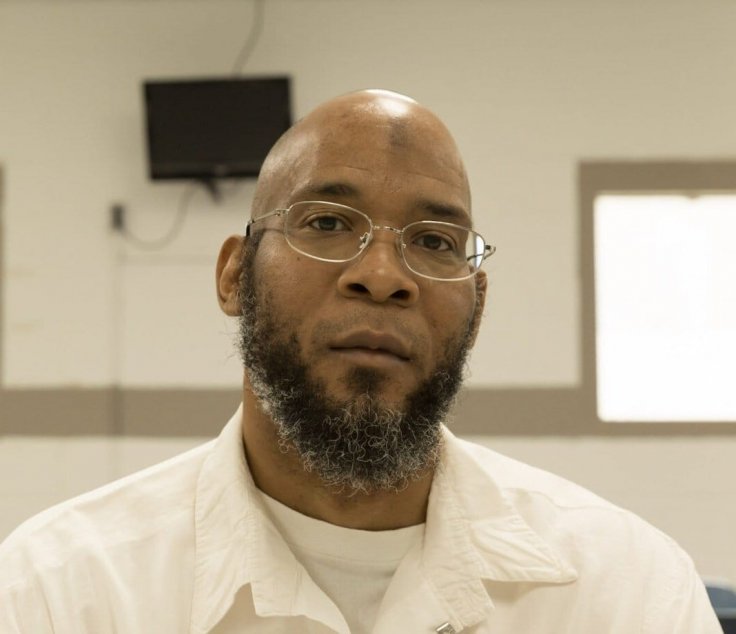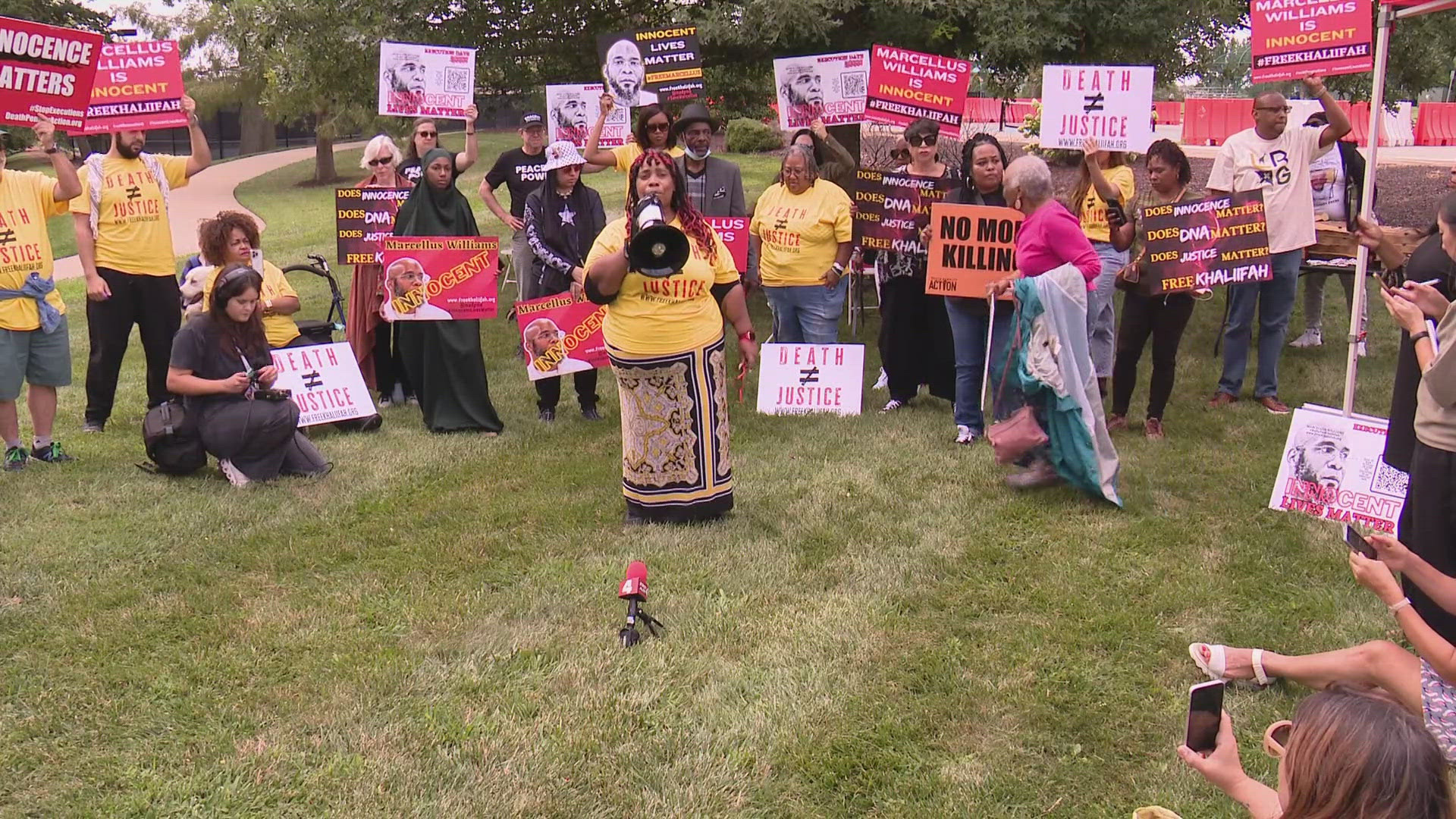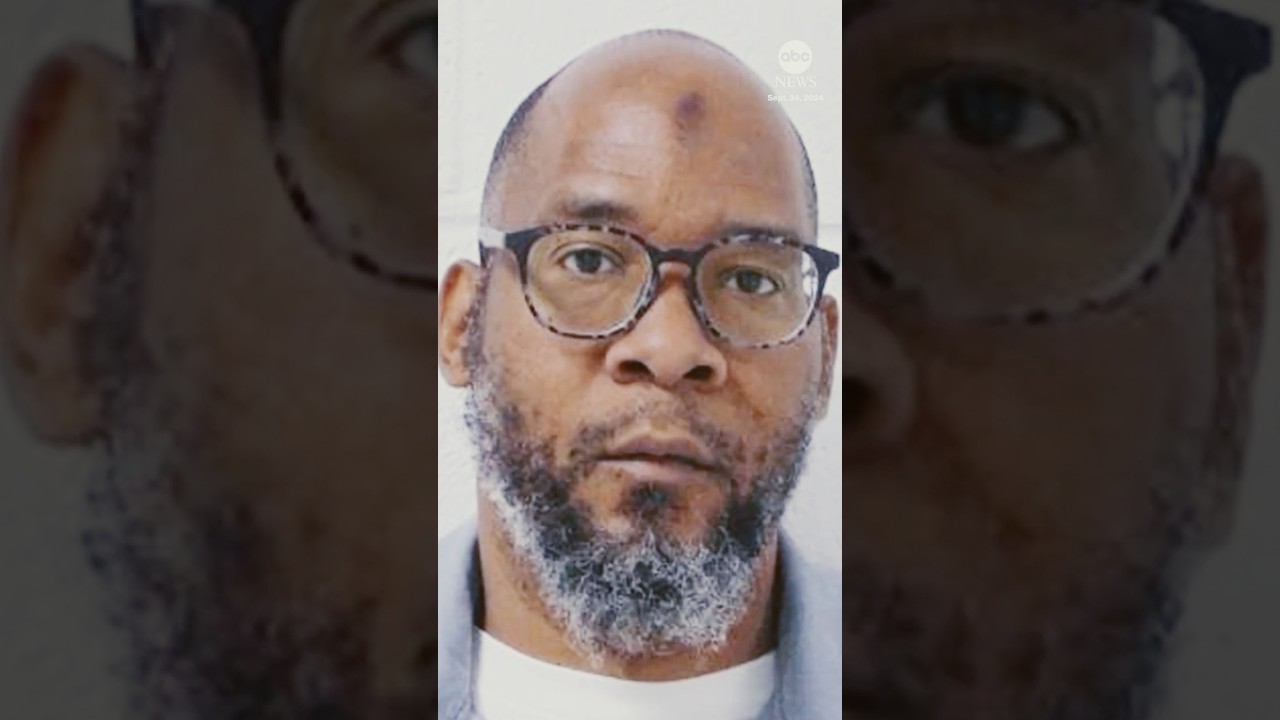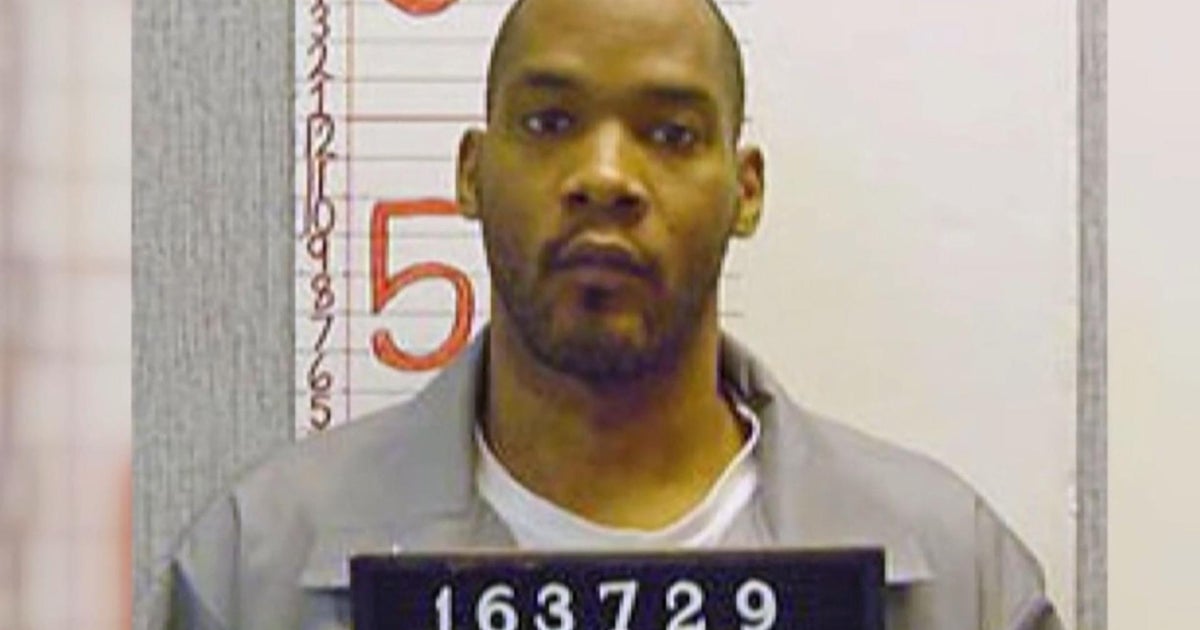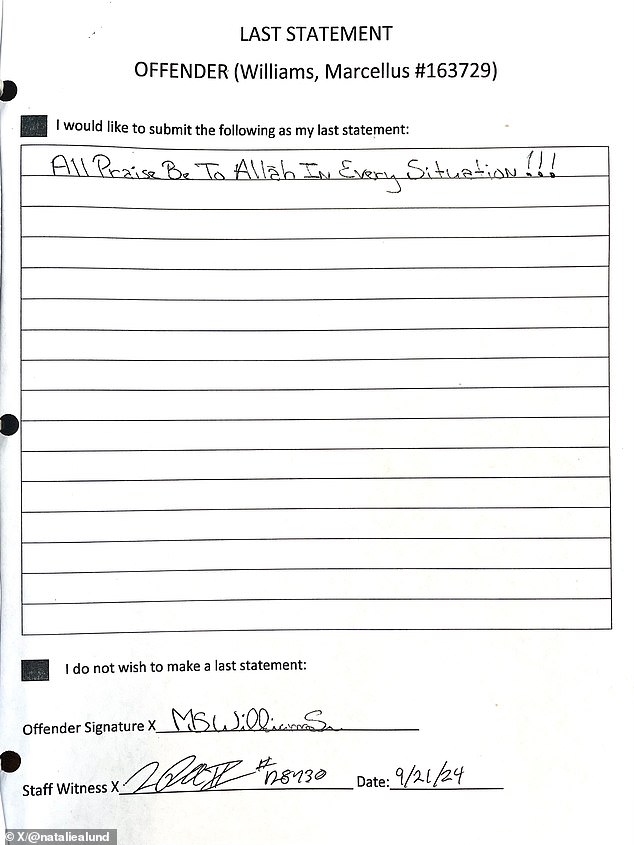Marcellus Williams Executed in Missouri Amidst Controversy and Doubts Over Conviction
The state of Missouri carried out the execution of Marcellus Williams on Tuesday, September 24, despite concerns and doubts over his conviction. Williams, 55, was convicted of the 1998 murder of Felicia "Lisha" Gayle, a newspaper reporter found stabbed to death in her home in the St. Louis area. His execution was met with widespread condemnation and raised fresh questions about the use of the death penalty. Williams' case had garnered significant attention in recent months due to concerns over the reliability of the evidence used to convict him. DNA testing had revealed that the knife used in the murder was believed to have been contaminated by DNA from a prosecutor and investigator working on the case. Furthermore, the local prosecutor whose office obtained Williams' conviction had filed a motion to vacate his sentence, citing doubts over his guilt. Despite these concerns, the US Supreme Court rejected a final appeal to spare Williams' life, paving the way for his execution to proceed. The execution was carried out by lethal injection, and Williams died shortly after 6 p.m. at a prison in Bonne Terre, Missouri. The reaction to Williams' execution was swift and widespread. Many have criticized the decision to proceed with the execution, citing the doubts over his conviction and the possibility of wrongful execution. Some have also renewed calls to abolish the death penalty, arguing that it is inherently flawed and prone to errors. The case has also highlighted the issue of racial bias in the application of the death penalty. Williams, who is African American, was convicted and sentenced to death by an all-white jury. This has raised questions about the fairness and impartiality of the justice system, particularly in cases involving minority defendants. The execution of Marcellus Williams has also sparked a national conversation about the use of the death penalty and its place in modern society. While some have argued that the death penalty is necessary as a means of achieving justice and closure for victims' families, others have argued that it is a relic of a bygone era and has no place in a civilized society. As the nation grapples with the implications of Williams' execution, it is clear that his case will be remembered as a symbol of the ongoing debate over the death penalty. Whether his execution was just or not, it has raised important questions about the flaws and biases of the justice system, and the need for reform and accountability. In the aftermath of Williams' execution, the nation is left to ponder the wisdom and morality of the death penalty. As the debate continues, one thing is clear: the case of Marcellus Williams will be remembered as a powerful symbol of the ongoing struggle for justice and human rights.#Justice

